Lucy is a short novel by Jamaica Kincaid that was first published in 1990. It tells the story of Lucy Josephine Potter, a nineteen-year-old girl who leaves her home in the West Indies to be a nanny in the Great Lakes region of the United States. Lucy feels she has escaped her home and expresses hatred for it. At the same time, she compares all of her new observations to the standards of her early life.
Lucy is young, but she seems more immature than others her age. She announces disgust for anything she dislikes without consideration. Lucy’s disarming honestly is a strength at times, but more frequently it’s a sign that she wants to shock others and keep people away from her by lashing out. Kincaid never gives the reader a clear reason for why Lucy behaves in this way.
One interesting aspect of the story was Lucy’s relationship with her mother. Lucy despises her mother and her choices and refuses to read her letters. Moreover, she refuses to see her mother and treats her with contempt when it is clear that her mother needs her. Still, at times, Lucy seems to crave her mother’s company, although she turns away from her. While this behavior may be a form of rebellion, there appears to be more to their relationship. Unfortunately, Lucy’s detachment from her mother was left unresolved at the novella’s conclusion.
Lucy is dissatisfied with her life although she has a wonderful position caring for sweet children. She has a friendly employer Mariah (whose own marriage is crumbling). It’s hard to understand Lucy’s dissatisfaction and choices. She drops her evening nursing studies and attaches herself to a man, who is described by her friend Penny as a pervert. Lucy is even hostile towards Penny, the only friend she has that’s her own age. Instead of growing and maturing to become a stronger woman, Lucy acts more self-absorbed, stunted, and lost at the end of the story than at the beginning making this an unusual coming-of-age story.
Purchase and read books by Jamaica Kincaid:
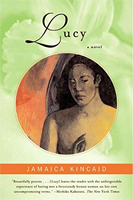
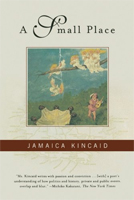

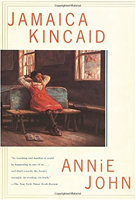
© penciledpage.com
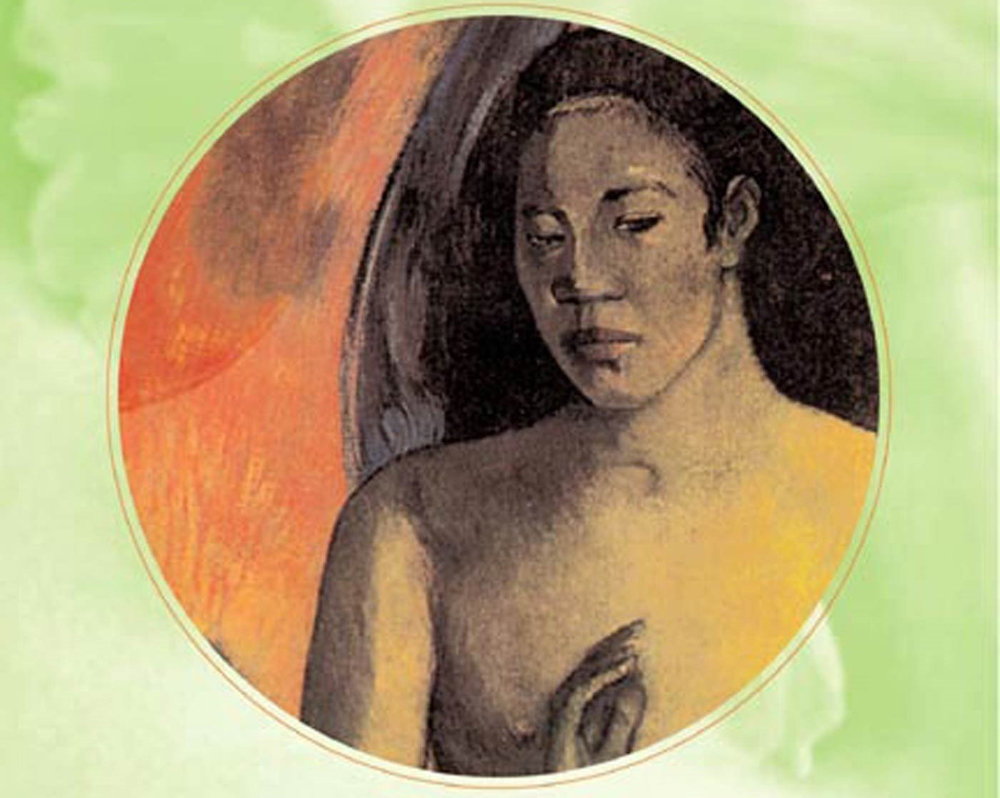





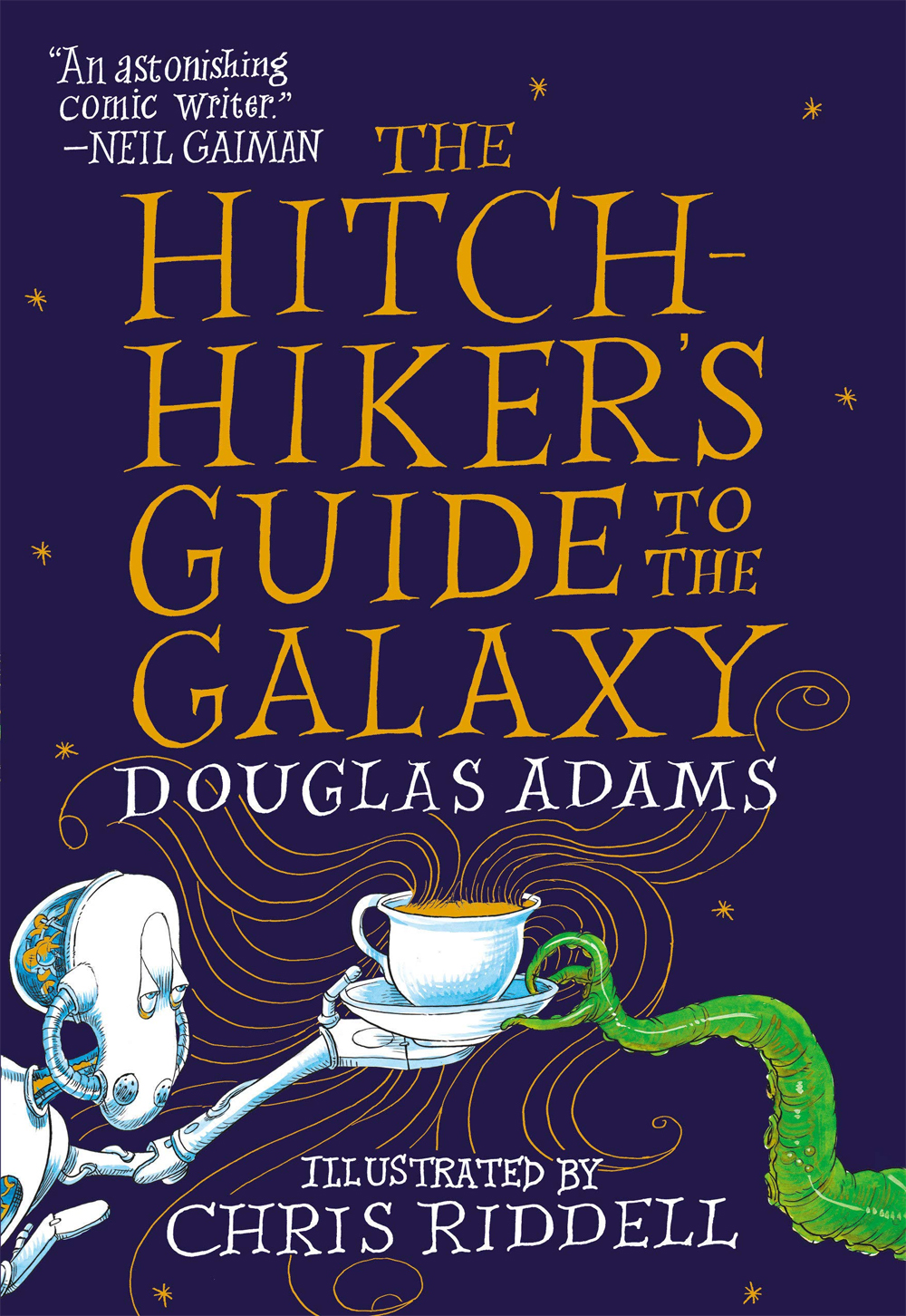


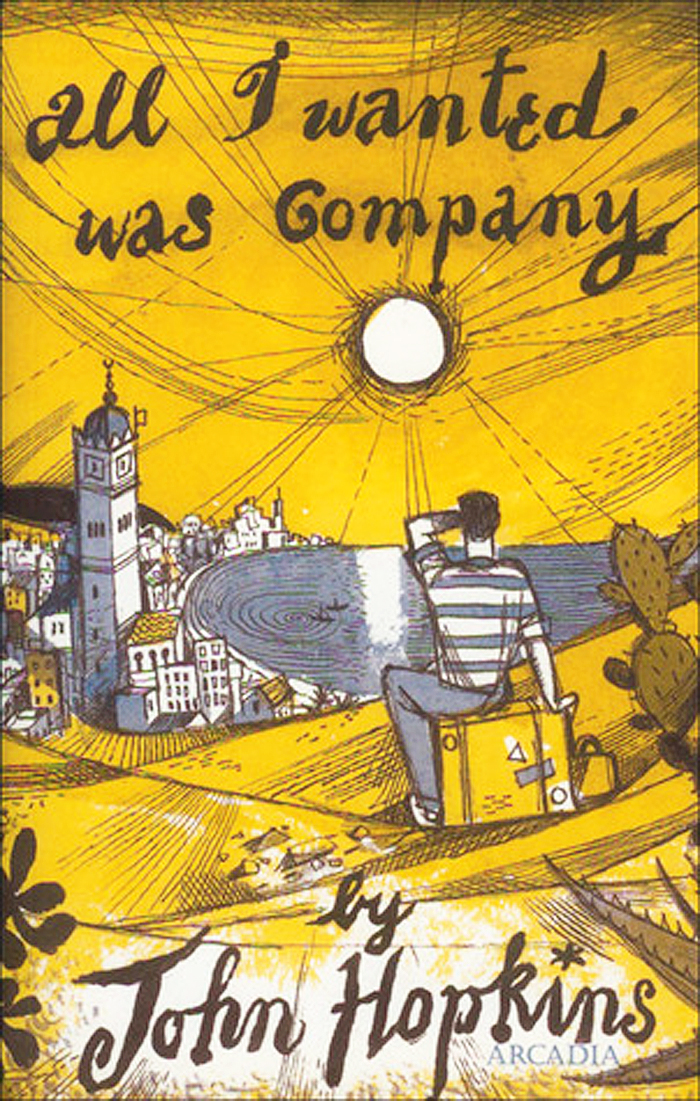



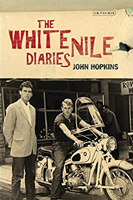
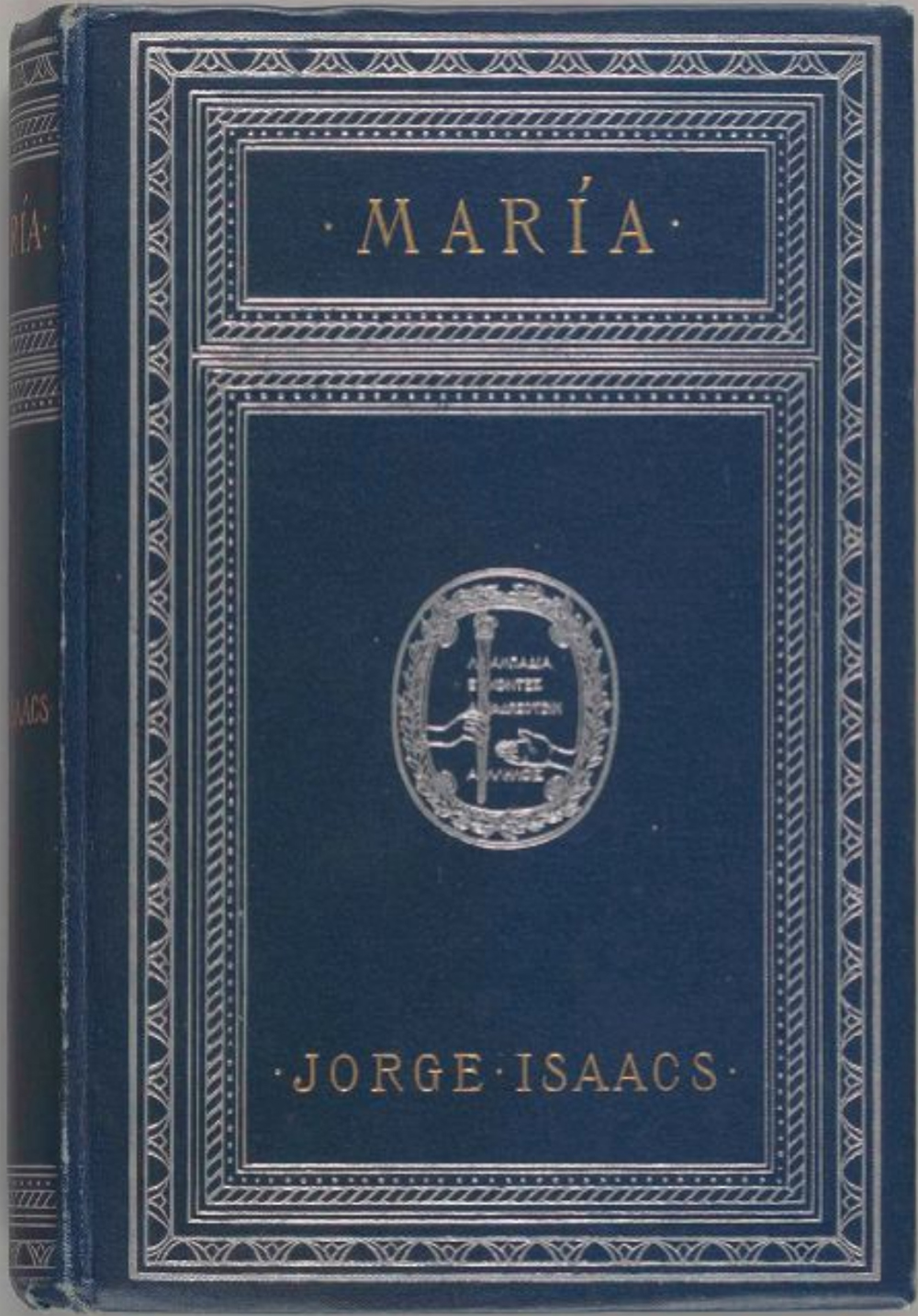







Search This Website